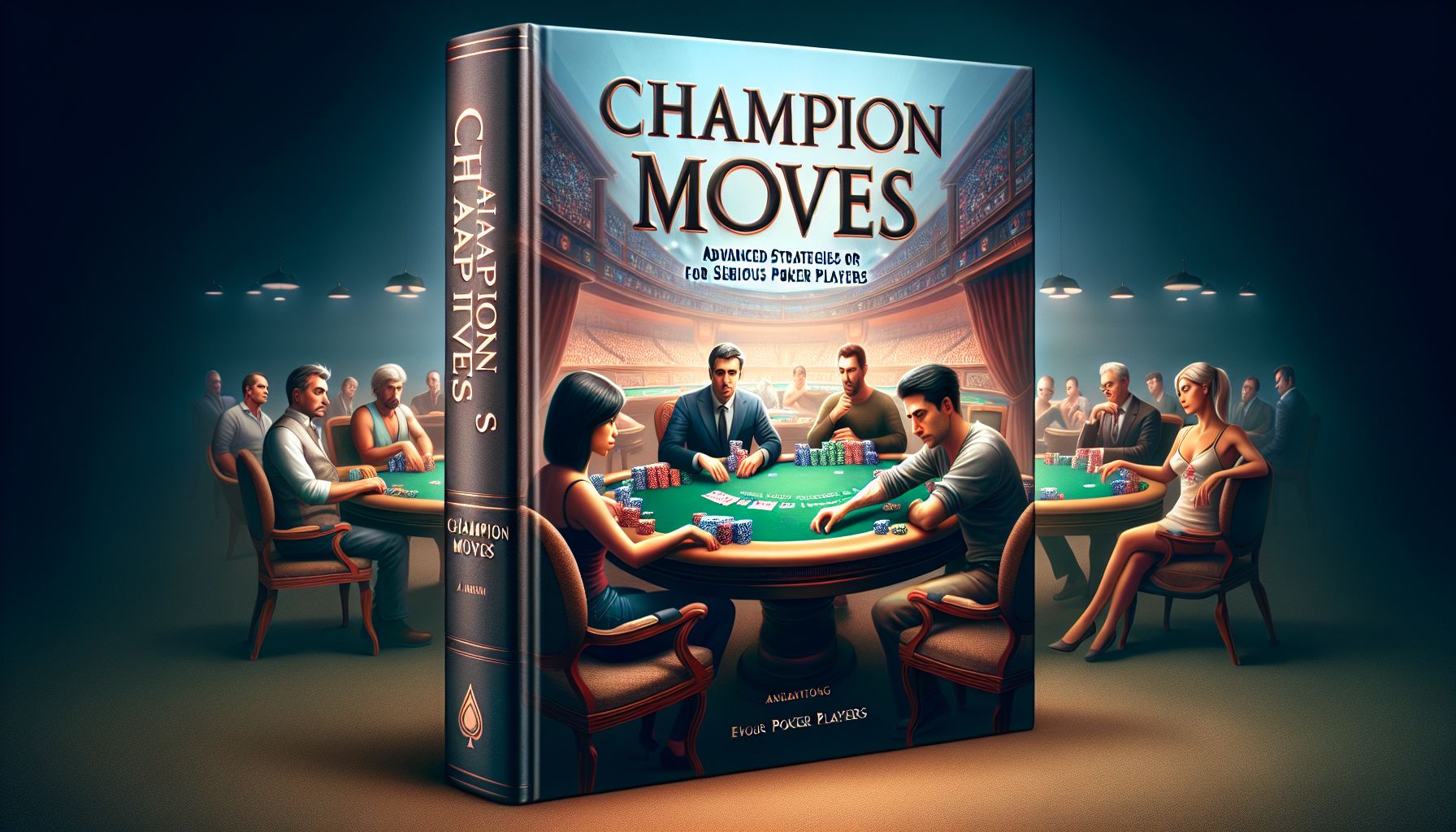Poker is not just a game of luck, but a showcase of strategy, skill, Advanced Poker Strategies for the Casino and psychological understanding. Whether you’re a casual weekend player or striving to enjoy the game at a professional level, perfecting your strategy can help you overpower your opponents in any casino environment. This article delves into advanced poker strategies designed explicitly for casino-based games, enabling you to improve your gameplay and increase your winning chances.
Introduction
The transition from an amateur poker player to a professional involves a paradigm shift – moving from a fun pastime to a dedicated, strategic pursuit. Implementing advanced strategies is not only crucial but also adds to the thrill and challenge of the game. Unlike other casino games where you play against the house, Poker is a fascinating blend of skill, strategy, and sometimes, bluffing your way to victory. Therefore, Advanced Poker Strategies for the Casino the more nuanced your understanding of the game and your opponents, the better suited you are to gain the upper hand. Developing these advanced strategies takes time and practice, so be patient and persistent in your pursuit.
The concept of Table Position
Understanding your position on the poker table is an integral part of any effective strategy. Controlling your actions based on where you sit relative to the dealer is vital because it determines the order in which you’ll act in each betting round. Your location on the table can directly influence the success and profitability of your decisions.
Players typically categorize positions into three types: Early, Middle, and Late. Players in Early or “EP” are the first to act, thereby having the least information about other players’ hands and intentions. Middle Position players (MP) act in between the early and late players, and Late Position players (LP) act last, giving them the advantage of having observed all other players’ decisions before making their own.
Strategically, cards of similar strength can have starkly differing valuations based on your position. A hand that would be profitable to play from a late position could be a significant risk in an early position. Knowledge of table position helps you understand when and where to apply aggression and ensures you make the most of strong hands while reducing the loss of weaker ones.
Hand Selection
Hand selection is probably one of the most crucial parts of poker. A common mistake that players make is playing too many hands. An overly aggressive approach can lead to chip squandering. It’s crucial to develop the discipline to wait for the right hand in the right situation.
Good starting hands typically include high pairs or two high cards of the same suit. Conversely, a mixture of low and unmatched cards is usually a sign to fold. Assess the profitability potential of each hand by considering your position, the action in front of you, and the number of players left to act. Also, be prepared to modify your hand selection strategy based on the playing style of your opponents.
Betting and Bluffing Strategies
As the saying goes, “Poker is not a game of cards played with people; it’s a game of people played with cards.”
Indeed, understanding people, not just cards, is paramount in poker. Reading your opponents’ behaviors, betting patterns, and body language can provide valuable information, enabling you to make more informed decisions.
An essential part of poker includes knowing when and how much to bet. Often, this can make all the difference between winning and losing a hand. A good bet size should be just enough to call or put your opponent in a challenging position and yet not so much that it makes your opponents fold prematurely.
Bluffing is another aspect of poker that requires a fine balance. Although it’s a powerful tool when used correctly, bluffing too often or in the wrong situations can be detrimental. A successful bluff can dramatically improve your image at the table and confuse your opponents. However, if you become predictable with your bluffs, it gives your opponents easy decisions, which is not something you desire in poker.
Mental Strength and Psychological Strategies
Having the right mindset is the cornerstone of a successful poker strategy. Even with a thorough understanding of the game mechanics, without mental fortitude and emotional control, your chances of success remain slim.
A significant portion of poker involves dealing with variance and managing downswings. No matter how well you play, there will be sessions where the cards don’t go your way. The secret lies in treating poker as a long-term game.
A robust psychological strategy also involves reading your opponents accurately. Are they playing conservatively? Are they on tilt? Have they been consistent in their bets and raises? Recognizing these patterns and making note of players’ habits can provide valuable insights into their strategy and help you devise counterstrategies.
Conclusion
Poker in the casino environment encapsulates more than just luck; it requires advanced strategic thinking. Understanding your table position, hand selection, betting, and bluffing strategies, coupled with psychological and mental strength, can enhance your poker game and set you apart from the crowd.
It’s important to remember that even with these strategies, poker is unpredictable, and losing hands is part of the game. Patience, resilience, and continuous learning are the key aspects of becoming a proficient poker player. As you gain experience and immerse yourself more in the poker world, Advanced Poker Strategies for the Casino you’ll realize the joy of poker is not just about winning but also in mastering the intellectual and psychological aspects of this exhilarating game.
Understanding and implementing these advanced strategies are steps in your journey to boosting your poker game, reducing losses, and moving towards consistent profitability. Now, the cards are in your hands – may you play them well.









